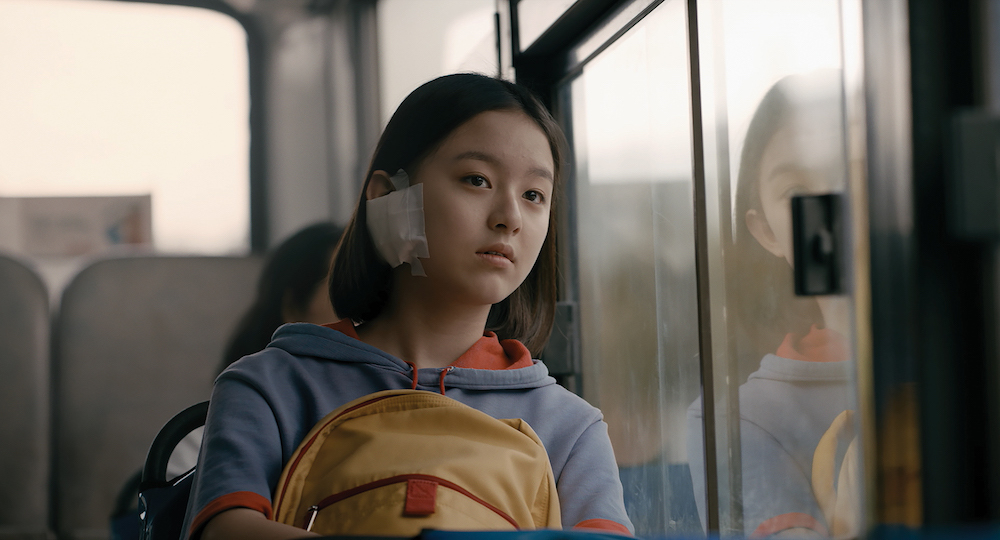Photo Credit: Variety
How film culture is moving online
Sana Mohsin, Managing Editor
Lately I’ve been thinking of how much we talk about life when this pandemic ends, how we hold onto this hope that our routines will go back to how they were before, untouched, or at least with minimal scarring. As pessimistic as this sounds, there isn’t an end in sight, at least not yet. So how do we adapt? Do we continue to yearn for a more carefree time, or do we start to adjust?
I’ve had to move away from Toronto quite abruptly last year, at the beginning of the lockdown, frantically cancelling museum passes, and film tickets. The TIFF Bell Lightbox is one of my most-visited places in Toronto precisely because of the range of films and festivals that it hosts, whether it is the TIFF itself, or more diverse events like the Reel Asian International Film Festival. Tickets were usually free for students, which like any other undergraduate in such an expensive city, I fully availed.
But as we all moved online, so did film culture. TIFF posted their artist interviews entirely online this year so we could hold onto some semblance in these tough times, and similarly most movies are having their screenings online, even if they are a limited edition. That was how I was lucky enough to watch Bora Kim’s House of Hummingbird, presented and streamed by Korea Society.
House of Hummingbird follows Eunhee Kim, a teenager in Seoul, who slowly learns how to navigate her life and the unfairness surrounding it. It’s a coming-of-age that doesn’t fit the classic Western mould. The film showcases the difficult process of growing up with all of its uncomfortable-ness, something audiences do not witness often.
Kim’s debut film has been making the rounds in film festivals for a while now. Since before the pandemic and after watching it, I realised why there is still so much chatter around it. With its attention to detail and almost romanticizing of everyday moments (walking home from school, trees in sunlight, and a home-cooked meal are some of my favourite images), it’s almost as if the film was made specifically for life in lockdown. Confined in our homes, House of Hummingbird reminds me that my life can still be made-up of small instances felt at home, that life is really about living day-to-day rather than measuring it with big events.
The film is splattered with real political events and unique 90s trends which are presented so personally that viewers believe that the film was autobiographical according to Kim in an interview. I think that really speaks to just how alive and fleshed-out the characters were, how intimate all the relations seemed. Eunhee has been all of us growing up: frustrated at the world and confused as the people and situations around her start changing.
Most of all, I am in awe of House of Hummingbird’s stillness, its quietness. Some of the most shocking moments are presented almost as a matter of fact, without artificialities that would further dramatize those moments. In our era of blockbusters, it is revolutionary to exhibit real life as it is, as hard as it can be, without pretentions. There isn’t always a happy ending for all of us, and this film wholeheartedly acknowledges that.



